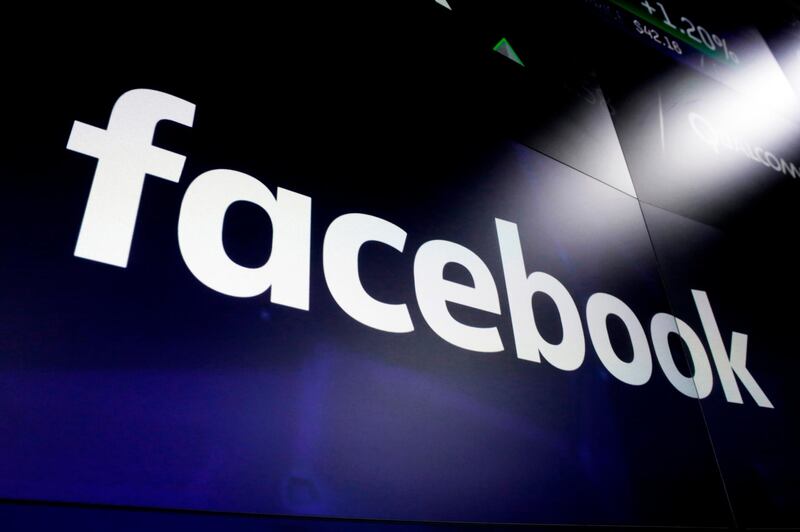Facebook has filed a lawsuit in the US federal court against a company and three people based in New Zealand for selling fake likes, views and followers to Instagram users.
The photo and video-sharing service platform is owned by Facebook.
“By filing the lawsuit, we are sending a message that this kind of fraudulent activity is not tolerated on our services, and we will act to protect the integrity of our platform,” said Jessica Romero, director of platform enforcement and litigation at Facebook, in a statement on the company’s blog.
Facebook has accused the defendants of using multiple websites and companies to provide illegal engagement service.
“Lawsuit is one more step in our ongoing efforts to protect people and prevent inauthentic behaviour on Facebook and Instagram. Inauthentic activity has no place on our platform,” said Ms Romero.
In the lawsuit, Facebook has urged a US court to stop the perpetrators from engaging and profiting in the sale of fake engagement. Before taking a legal route, the company had suspended violators’ accounts and also sent them a written warning. Facebook has not revealed the names of the offenders yet.
Facebook has come under fire for a slew of privacy-related issues recently, including exposing passwords of millions of users to its employees on internal systems that stored the private data in a readable format.
Last year the social media giant was embroiled in the saga of Cambridge Analytica, the British political consulting firm that obtained for clients the personal data of millions of Facebook profiles without consent. This led to US congressional hearings where Facebook founder and chief executive Mark Zuckerberg testified.
Politicians in the EU and US have also been examining how the social media company harvests the personal data of its users as well as the presence of hate speech, misinformation and data portability on the platform.
Facebook's first-quarter revenue of 2019 rose 26 per cent to $15.1 billion from $12bn last year, beating analysts' average estimate of $15bn. However, its net profit dipped to $2.4bn - nearly 51 per cent down from $4.9bn a year ago.








